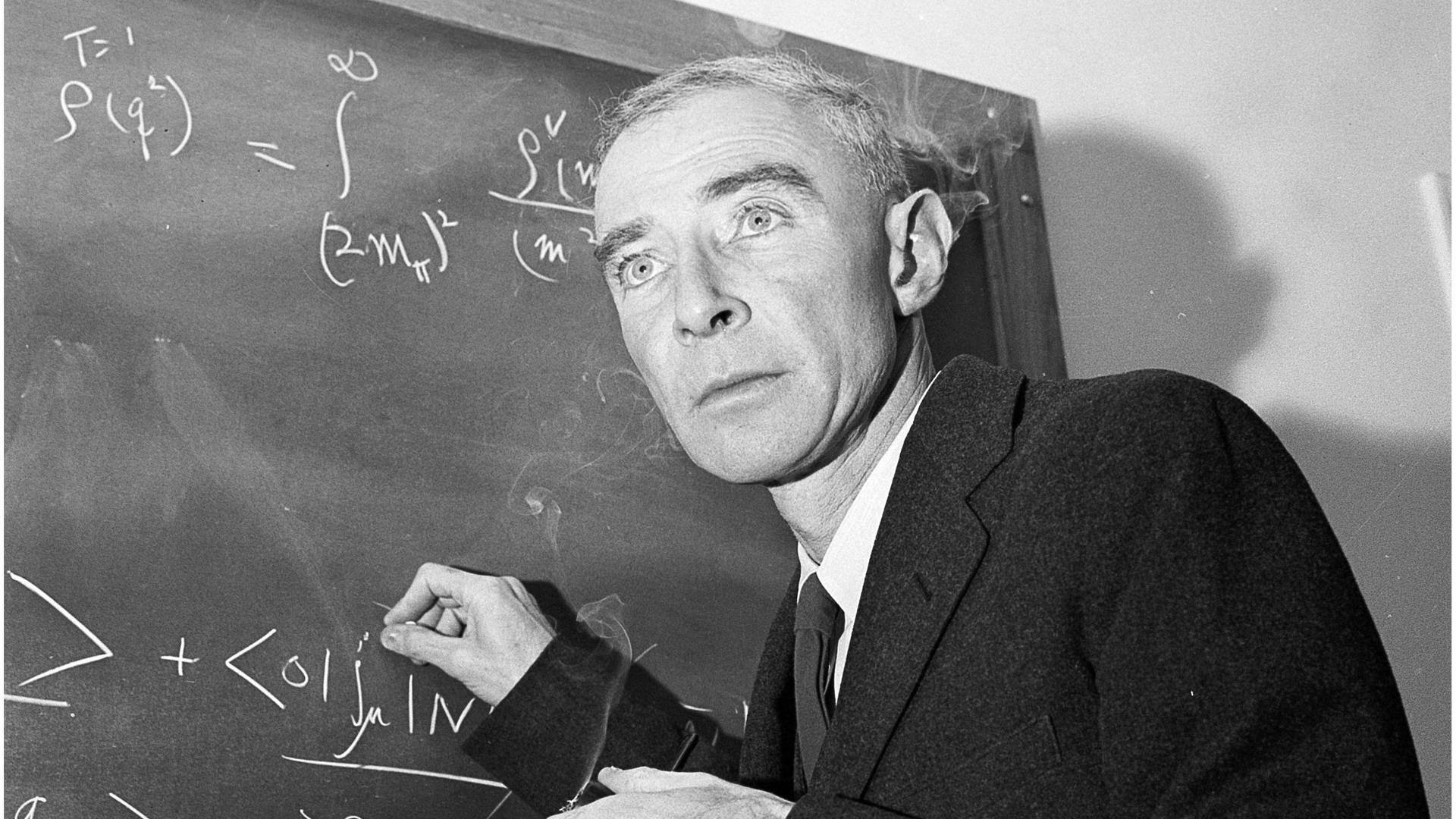
Oppenheimer interpreted 'Bhagavad Gita' wrongly, says mythologist Devdutt Pattanaik
What's the story
The time has come and Christopher Nolan's Oppenheimer is running in theaters. The much-anticipated biopic of J Robert Oppenheimer is here and early reviews have been quite positive. Indian fans are excited about Oppenheimer's connection with Bhagavad Gita, too. Recently, writer-mythologist Devdutt Pattanaik revealed that the American theoretical physicist interpreted the meaning of the Sanskrit quote wrongly. He also explained why.
Details
'Oppenheimer's translation itself is wrong'
Speaking about Oppenheimer's "I am become death" quote, reportedly taken from Gita, Pattanaik said, "I did some research on Oppenheimer, and I had never come across this line. Someone said it was chapter 11, verse 32, which really says 'kaal-asmi,' meaning, 'I am time, destroyer of the world.' So, his translation itself is wrong." Pattanaik is known for his works on Indian mythological stories.
Reason
Probable reason for wrong interpretation
Pattanaik also explained the probable reason behind the wrong interpretation. He said, "He gets excited because he's seeing death and destruction at a massive scale, and he's obviously seeking some kind of a spiritual background...I think he was looking for some solace, and he found this verse very dramatic." Nolan's magnum opus stars Cillian Murphy in the titular role.
History
When did Oppenheimer utter this famous quote?
To give some context, the nuclear bomb was tested in a New Mexico-based desert on July 16, 1945, and after the "successful" detonation, Oppenheimer—referred to as the "father of the atomic bomb"—had said the famous lines: "Now I am become Death, the destroyer of worlds." The scientist had once described Gita as "the most beautiful philosophical song existing in any known tongue."